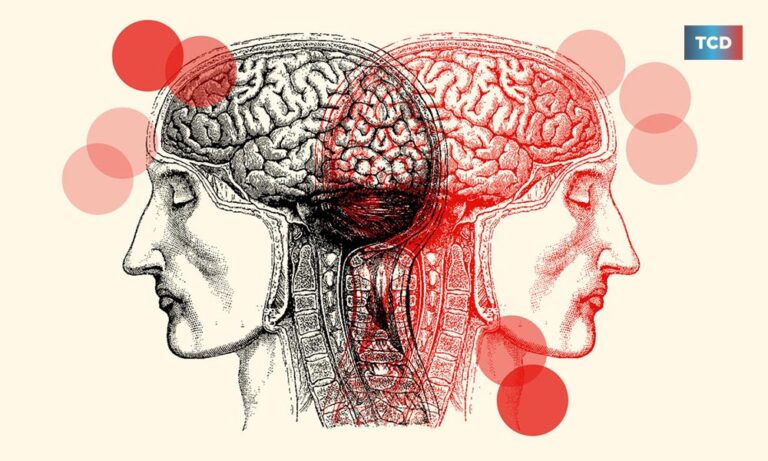According to recent studies, bodily triggers—which are frequently disregarded—have been shown to play a significant role in a number of mental health conditions. Strong evidence has been discovered by researchers connecting physical experiences to mental health issues like PTSD, anxiety, and depression.
A group at a prestigious university looked into the complex connection between physical experiences and mental well-being in one study. Their research showed a strong link between more severe mental health symptoms and heightened body reactions.
These bodily triggers encompass a wide range of sensations, from heart palpitations and shortness of breath to muscle tension and stomach discomfort. Individuals experiencing these sensations may unknowingly exacerbate their mental health conditions.
Insight into the Study
The research sheds light on how bodily triggers can act as catalysts for mental health episodes. For instance, individuals with anxiety disorders often report experiencing physical symptoms such as racing heartbeat and sweating, which can intensify their feelings of panic and distress.
Similarly, individuals grappling with depression may notice changes in appetite, sleep patterns, and energy levels, all of which are closely tied to bodily sensations. These physical changes can further perpetuate the cycle of despair and hopelessness.
Moreover, the study highlights the interconnectedness of mind and body. It underscores the importance of addressing both psychological and physiological aspects in the treatment of mental health conditions.
Implications for Treatment
Understanding the role of bodily triggers opens new avenues for treatment and intervention. Therapeutic approaches that incorporate techniques to regulate bodily sensations, such as mindfulness and deep breathing exercises, show promising results in managing symptoms of various mental health disorders.
Additionally, healthcare providers can use this knowledge to develop personalized treatment plans tailored to each individual’s unique bodily responses. By addressing these triggers, clinicians can help patients gain better control over their mental well-being.
Conclusion
The study concludes by highlighting the important impact of physiological cues on psychological well-being. Individuals and healthcare professionals can take proactive measures to handle and reduce symptoms of anxiety, depression, and other related conditions by identifying and addressing these sensations. This new knowledge represents a turning point in the field of mental health, giving millions of people worldwide hope for better treatment outcomes and an improvement in quality of life.






